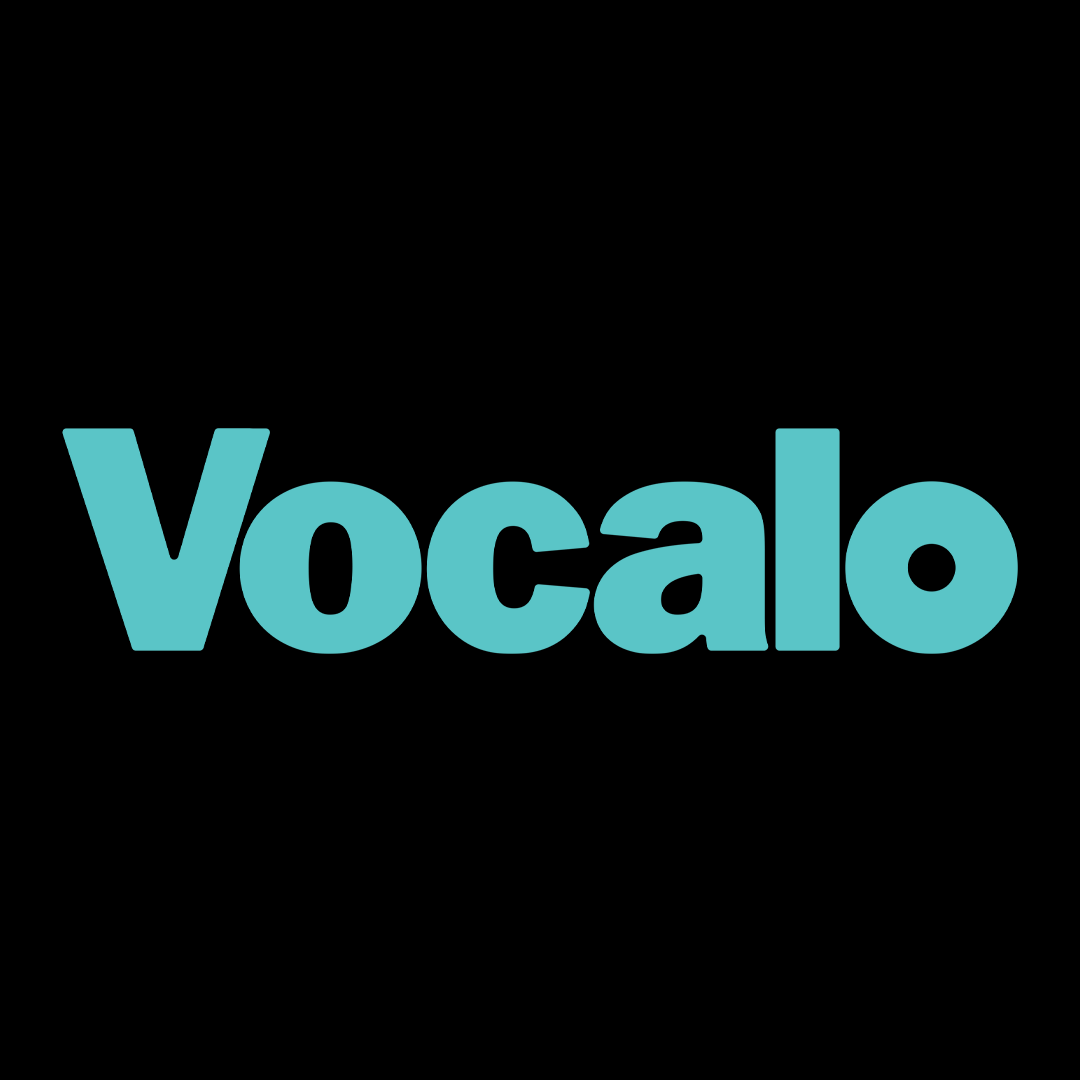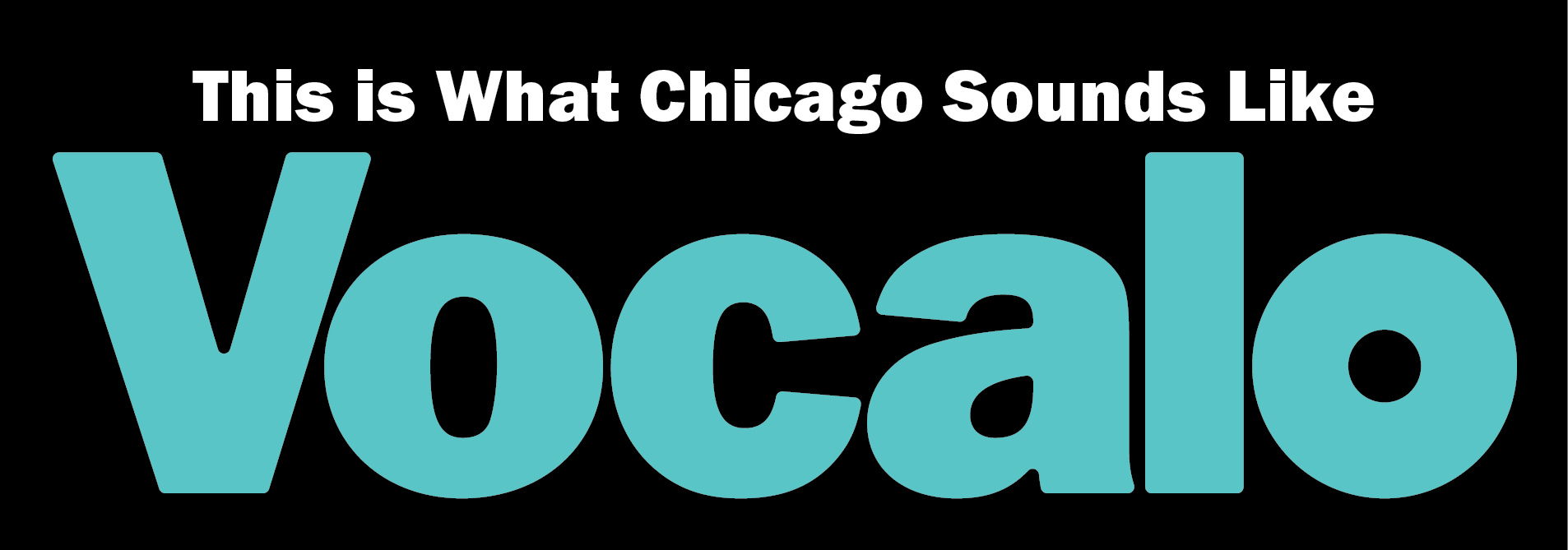UChicago Organizer Erika Dudley Says Chicago Has Radical Imagination …
Written by Vocalo Radio on January 28, 2020

Erika Dudley is a community organizer and all-around enthusiast.
She is the Senior Program Manager for Progressive Conversations and Erika’s Loom, part of the Civic Knowledge Project at The University of Chicago’s Office of Civic Engagement.
Erika also assists the Odyssey Project (part of the Clemente Course in the Humanities), a year-long college credit course in the humanities for adult learners in poverty. Erika is an expert in community development and adult literacy, and she has created the Docent Program to train and employ graduates of the Odyssey Project.
The CKP’s leading “foodie,” a professional chef, and winner of the CKP’s 2015-16 Unity Award, Erika has also served on the Board of the Hyde Park Art Center and as interpreter in residence at the UChicago Smart Museum. Erika uses her skill with food and organizing to bring folks together for a series of programs and talks, including Poetry in Action Series, Progressive Conversation Gathers, Phenomenal Women Retreats, and Breakout Breakfasts.
We sat down with Erika to talk civic engagement, equitable education, and radical imagination …

What drew you to Chicago? Where do you live now? Describe your neighborhood …
I’m from Atlanta and I come from a long line of Atlantans and Jordans. I came to Chicago to be at the University of Chicago. I moved to Hyde Park and I never left. If I were to paint a picture of Hyde Park, I would start with just the varied nature of it. As far as I can tell, and I spent a lot of time in all of the different neighborhoods of the city it is by far the most diverse ethnically, economically, generationally. And so that’s what I see as soon as I walk out my door or if I’m just looking out the window and I watch people pass by.

What has it been like living in Chicago? What are some challenges or triumphs?
Chicago, more than most cities seems to have such a distinctive identity. Its’ feel infuses everything. Its’ architecture, theater, dance, and food. I would say that the greatest challenge (which was also my first challenge) was to recognize and accept the notion that Chicago is such a segregated city. I had imagined, given its sheer size that it would be much more integrated.
I think I took it from being a challenge to an opportunity. I thought given that it is so segregated what does that mean each neighborhood might look like? If I were to venture into every single neighborhood of the city, would I feel like I’m in different parts? Would one neighborhood be very different from another? Well that obviously is the case. And from that came a lot of work that I do and documenting the different stories and experiences that people have had entering into other neighborhoods or being told not to venture into certain neighborhoods as they’ve grown up.
I host something called progressive conversations the idea is just to highlight the cultural and culinary capital of the city of Chicago. And initially, it started with the south side, highlighting hidden gems, whether they are arts and culture, food, social justice organizations, entities, businesses. And then spreading as far north, west in south as I could, and so I continue to host those each month.

Talk about your work and how you create an intersection between food, art and social justice with your projects?
I see myself as a community organizer. I’m a historian, an artist, a chef, an arts administrator. And what I say is basically, I’m an enthusiast and what does it mean to be enthusiastic in life?
I think of myself as basically living in a world of ideas, and I’m figuring out how to take ideas and put them into practice. I will ask myself pretty much every single day a series of questions. So one being: is being curious and engaged just for some folks, is it a privilege that some of us can afford and others cannot? People are often described as being well read, well versed. What does it mean to be well lived? What does it mean to be welcome? What does it mean to have a Radical imagination? And what does it mean to have empathy? And so I take these questions and I read books and I talk with other people, especially scholars, and I come up with what I think might be something that I can put into practice.
That might mean breaking it down so that I can have a conversation, or class, or course, or even a gathering with groups of people who are quite diverse. And then we talk about what that might mean what it might mean to think about the world in a more equitable way.

How has the city shaped your art, career and mission?
As a board member of the Hyde Park Art Center, I help to foster a more inclusive art community that reflects the south side, that reflects Chicago, that reflects older adults and teens and families. Folks who haven’t necessarily seen themselves as artists or folks who can appreciate “the arts” in that way. One idea that has come up is …
How do arts engagement and education look when equity, justice, and an acknowledgement of systemic discrimination are at their foundation? So six years ago, I was the architect of what is called an economically, racially and generationally diverse arts education program at the University of Chicago Smart Art Museum. Community members, along with undergraduates together engage visitors in less conventional ways.
This was an idea that I had and I have to say that I cannot sing the praises enough of both the staff and the board who said “We’ve never done anything like this, but we like it and will support it because we want this space to be a place for everyone, not just for some of us. So we are now entering our seventh year in that project.
At the end of the day, what would you like to give back to the community?
I would like to help expand an engaged community of folks interested in the arts, food and justice. Ultimately what I would like is that I’ve helped further discussions, amplified voices for those who have felt voiceless … if I’ve done that then I’ve lived well.

What does Chicago sound like to you?
Follow Erika Dudley
Follow The Loom
Shot by Thomas Gavin
Audio produced by Fyodor Sakhnovski
Edited for length and clarity by Seamus Doheny
Since 2016, we have been profiling people who give their all to Chicago and enrich us socially and culturally by virtue of their artistry, social justice work and community-building. Take a listen. Read their words. Become inspired.

More from Vocalo:
- Record Store Day 2024 Hits Stores April 20
- Chicago Sky Select Kamilla Cardoso and Angel Reese In 2024 WNBA Draft
- Angry Blackmen Reveal ‘The Legend of ABM’
- ‘Arcadian’ Dives Into Familial Bonds Amidst Terror
- Woolly Mammoth Is Home To The Weird And Wonderful
 Vocalo Radio
Vocalo Radio 













